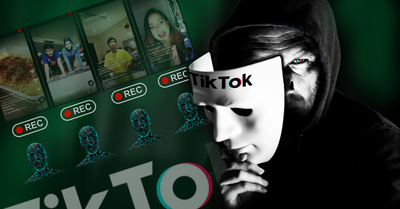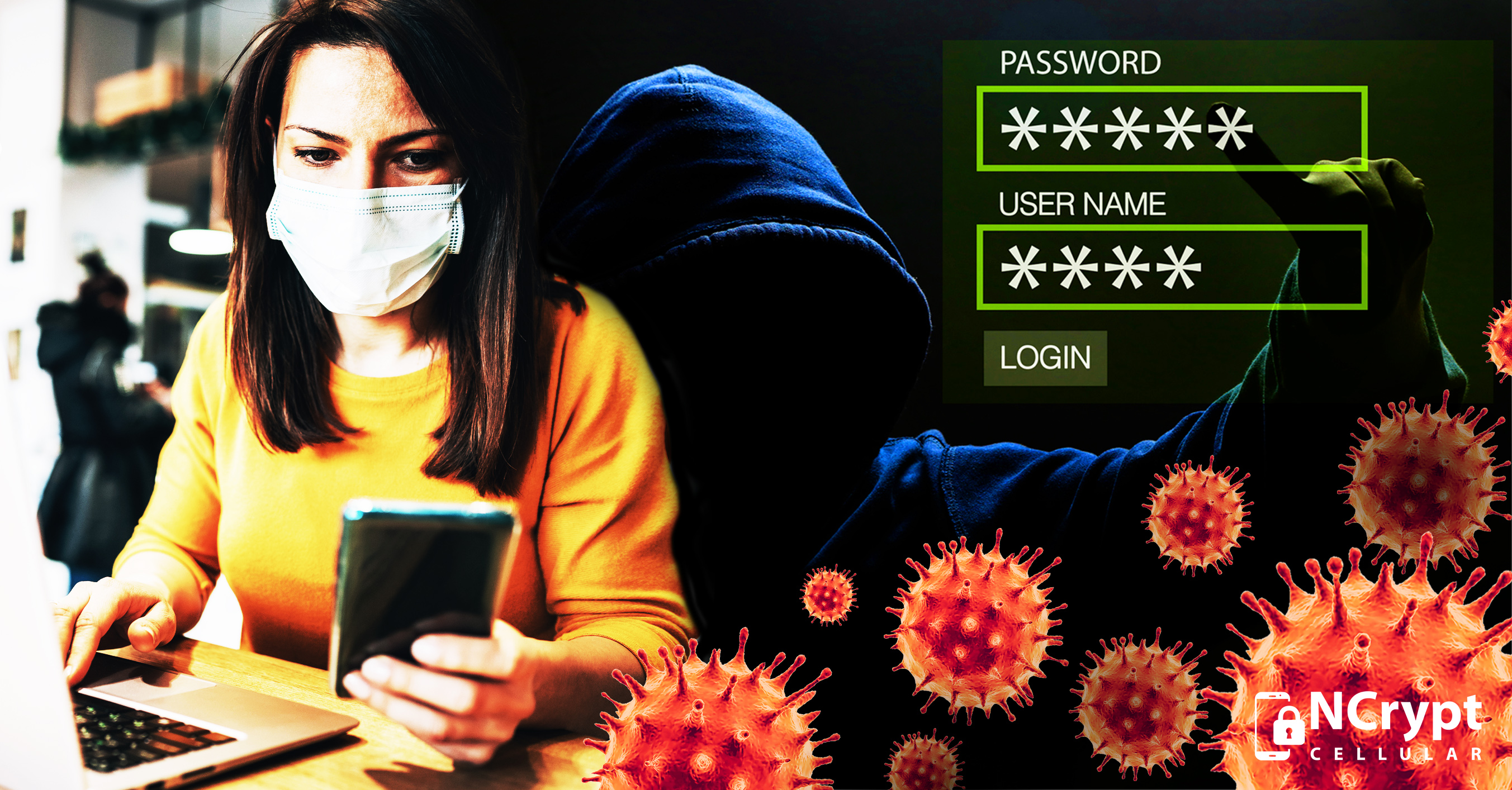Published Jul 02, 2020 by Xiph
If you haven’t surrendered your personal data, do you even TikTok?
If you’re over the age of 40, hearing the words tick and tock would almost certainly refer to the sound of a working clock or wristwatch. Now, that same pair of words, minus a pair of C’s, refer to a social media revolution. TikTok is a mobile application that enables people to share short clips of themselves, usually to get laughs or display talent.

As “traditional” performers spend years grinding away at their dream, there are now TikTok stars, the most successful being Charli D’Amelio, a 15-year-old girl who records choreographed viral dances out of viral songs, that are absolutely killing it. In addition, 2019 saw TikTok downloaded more than any other app in the U.S., apart from global juggernaut WhatsApp. In Australia, TikTok is making just as much of a dent, topping all application downloads for February (data is sketchier for March-May for obvious reasons).
Great for the makers of TikTok, perhaps great fun for the millions of teenagers using it on an hourly basis, but a nightmare for the privacy-minded parent or likeminded citizen.
Rules? Where we’re going there are no rules.
If COVID-19 has taught us anything, China, among other nations, are very hush-hush about their tech and IP. TikTok is owned by a Chinese company and it is required under Chinese law for user data to be shared with Beijing. This means that anyone on earth who TikToks, could be handing over their data on a black-mirror platter to unknown entities. Unsurprisingly, the US Army and Navy (as well as defence agencies from other nations…stay tuned) have banned the use of the app.
In December of last year, a class-action lawsuit filed in California federal court, accused TikTok of not only harvesting vast amounts of personally identifiable user data and sending it back to its creator’s home, but doing so to those who simply DOWNLOAD the app, without so much as creating an account. How would they get away with such an unethical sweep? Through “ambiguous” privacy policies that allegedly allow China to use this scarily identifiable data to —big surprise— sell targeted ads, amongst other unknown escapades. And the fact that TikTok has access to millions of close-up, moving videos of the faces of teens all over the globe, isn’t exactly calming anyone’s farm.
Class-action extravaganza!
In May this year things had tick-tock’ed towards an eerier hour. The state of Illinois accused the app of betraying the Illinois’ Biometric Information Privacy Act by illegally capturing and storing user facial structures and appearance characteristics. Two things: nobody seems to know what uses such data is put to and secondly, most users are teenagers which leaves some of us feeling a little uneasy. This is the second class-action lawsuit levelled at TikTok and it may not be the last.
And what of the over 1.6 million Aussies, mostly minors, modelling their mugs?
We might only make up a small percentage of TikTok’s user base (over 2 billion downloads and over 800 million monthly active users), but when it comes to safety, these kinds of statistics mean nothing. The average age of Australian users isn’t worried about data, but rather how many people are watching and liking their videos.
So exactly who is watching?
The ADF (Australian Defence Force) has followed the US lead by banning the app from all work devices. MP Andrew Hastie believes these bans should extend to ADF member personal phones.
On the other side of the coin, Victorian Premier Daniel Andrews regularly uses TikTok as a way of “making government more accessible to all Victorians”. One could ask the question of Andrews, if grooming voters is more important than voter privacy and security. On that same coin’s side, Aussie analyst Fergus Ryan is more concerned that TikTok is censoring just as much as gathering data – restricting topics (known as the three t’s) deemed in conflict with China’s political agenda: Tiananmen (square), Tibet and Taiwan.
What can you do?
Apart from force your kids, your politicians and yourself to delete TikTok (which would likely only prompt more secretive uses of the app and stand against certain freedoms), the answer is: not much. What we can do is keep an extra eye on TikTok’s relationship with user data and scour any updates to privacy policies. Or, opt for more privacy-first alternatives (see our webshop) that operate to prevent apps like TikTok’s team from taking what shouldn’t belong to them. Either way, keep your ear to the ground and stay vigilant. Your privacy is important and should be treated as such.
The clock is ticking, taking a active interest now.
Posted in: Security


